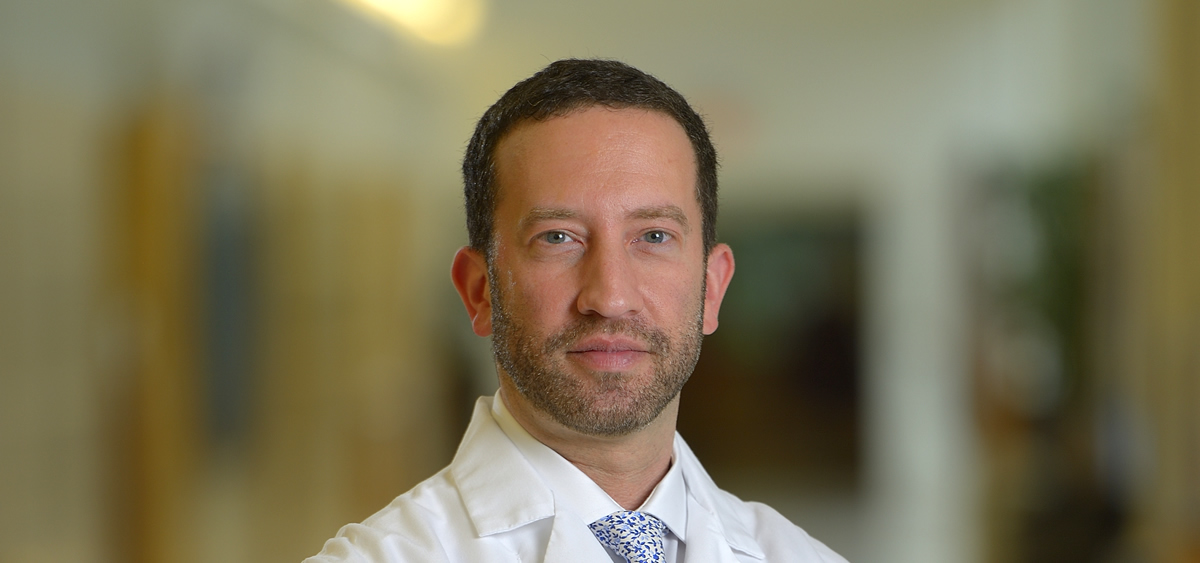
PHILADELPHIA (March 2, 2020) – New research from Fox Chase Cancer Center indicates that starting chemotherapy before surgery does not expedite the start or completion of treatment for breast cancer as compared with performing surgery first, as some have previously believed.
“Increasingly, patients are given chemotherapy before they have surgery, which is called neoadjuvant chemotherapy. This is done for breast cancers of certain types and appropriately done to treat certain types of breast cancer having certain characteristics,” said Richard Bleicher, MD, FACS, a professor in the Department of Surgical Oncology and the study’s senior author.
“But increasingly, some clinicians give chemotherapy before surgery solely because they believe that giving it preoperatively either expedites the start of treatment or shortens the time of a patient’s total treatment course. This has been an assumption, based upon no studies, and so we evaluated this and found that these assumptions are not correct.”
For the study, which was recently published, Bleicher and colleagues reviewed information from the National Cancer Database on 155,606 women over the age of 18 who were treated at 1,500 facilities accredited by the Commission on Cancer. All patients in the study had been diagnosed with Stage 2-3 breast cancer between 2004 and 2015 and their treatment included both surgery and chemotherapy.
Of those women, 28,241 received neoadjuvant chemotherapy, which refers to chemotherapy given before surgery, while 127,365 patients were given adjuvant chemotherapy, which refers to chemotherapy after surgery. The researchers looked at how fast neoadjuvant chemotherapy patients started their treatment, which begins with chemotherapy, versus how fast adjuvant chemotherapy patients started treatment, which begins with surgery. They also looked at the total time needed to complete treatment and whether the time was delayed because of hospital re-admissions.
The study found that the average time between diagnosis and the start of treatment was 33.4 days for those having surgery first, while it was 35.6 days for those having chemotherapy first. When adjusted for other factors, it was 35.4 days versus 36.1 days.
“Although it takes an average of one to two days longer to start chemotherapy in the United States, this is not clinically significant and does not suggest that chemotherapy first provides a disadvantage. But what this does indicate to us is that while we have assumed that neoadjuvant chemotherapy expedites the start of treatment relative to surgery, this is not true,” Bleicher said.
The researchers also evaluated the time from diagnosis to endocrine therapy, which is the last treatment many of these patients receive, and found that in those having surgery first, the time was 268.3 days versus 305.4 days in those getting neoadjuvant chemotherapy. When adjusting for other factors it was 275.7 days versus 301.6 days. “These times also show that neoadjuvant patients are also not getting through treatment faster.”
In order to determine if differences in timing were due to complication-related delays, the researchers analyzed the length of hospital stay, readmission rates, and 30- and 90-day morality rates. They found no relationship to when chemotherapy was given, either before or after surgery.
“So the bottom line is that, in the United States, if you give chemotherapy first as opposed to performing surgery first, do you start your treatment faster and do you complete your course of treatment faster? Neither,” said Bleicher.
“So while moving chemotherapy up before surgery may be advisable for certain clinical situations, unless there is a specific surgical delay you’re trying to avoid, physicians shouldn’t change the order of treatment just because they assume it’s more efficient.”
The study, “Treatment Times in Breast Cancer Patients Receiving Neoadjuvant vs Adjuvant Chemotherapy: Is Efficiency a Benefit of Preoperative Chemotherapy?,” was posted online by Cancer Medicine.